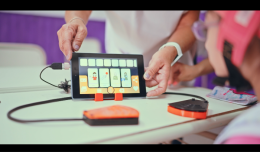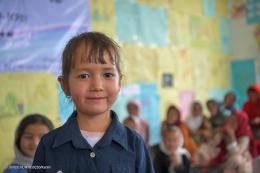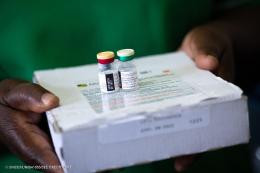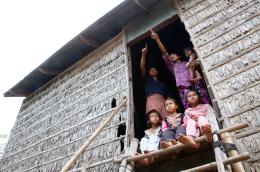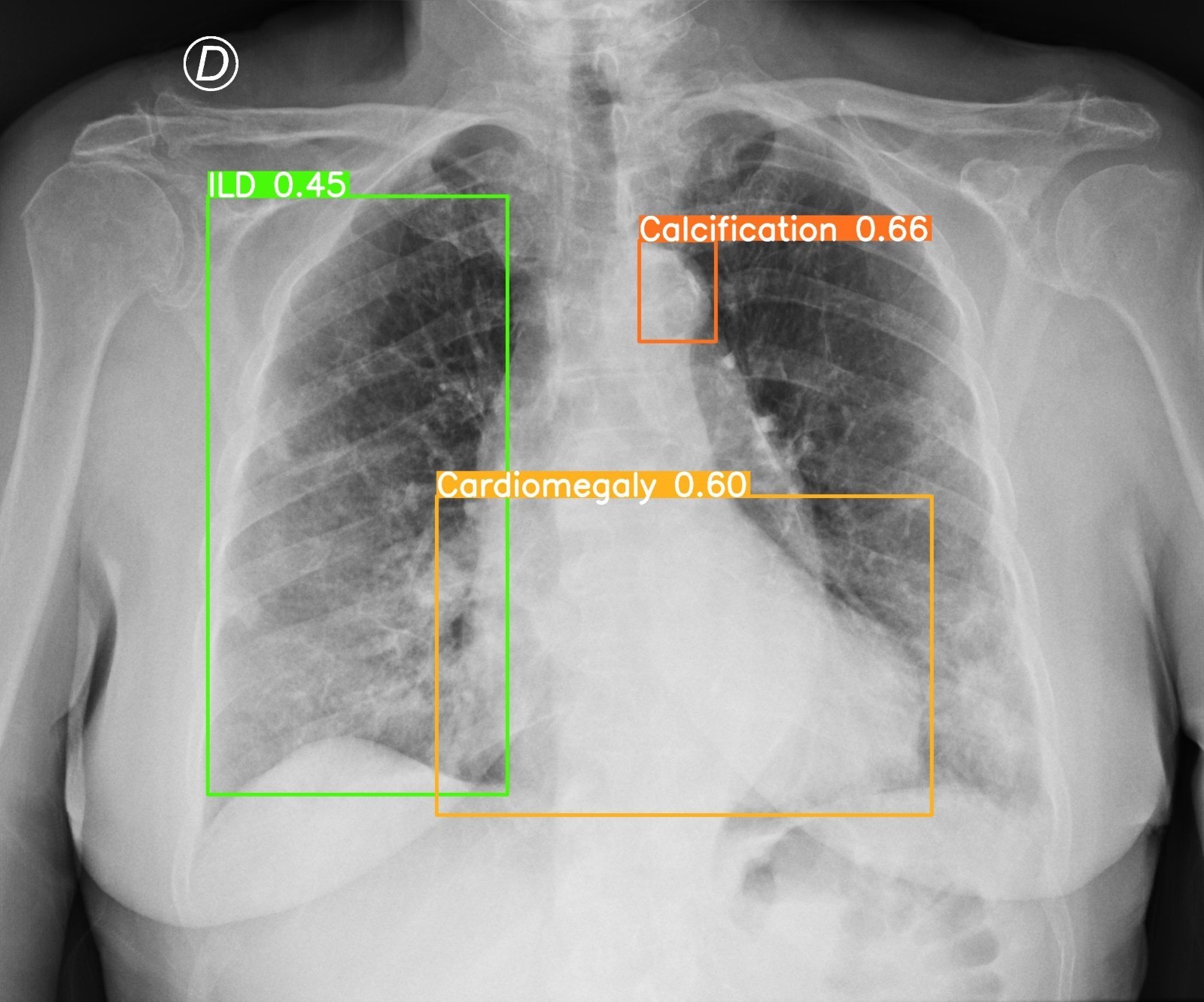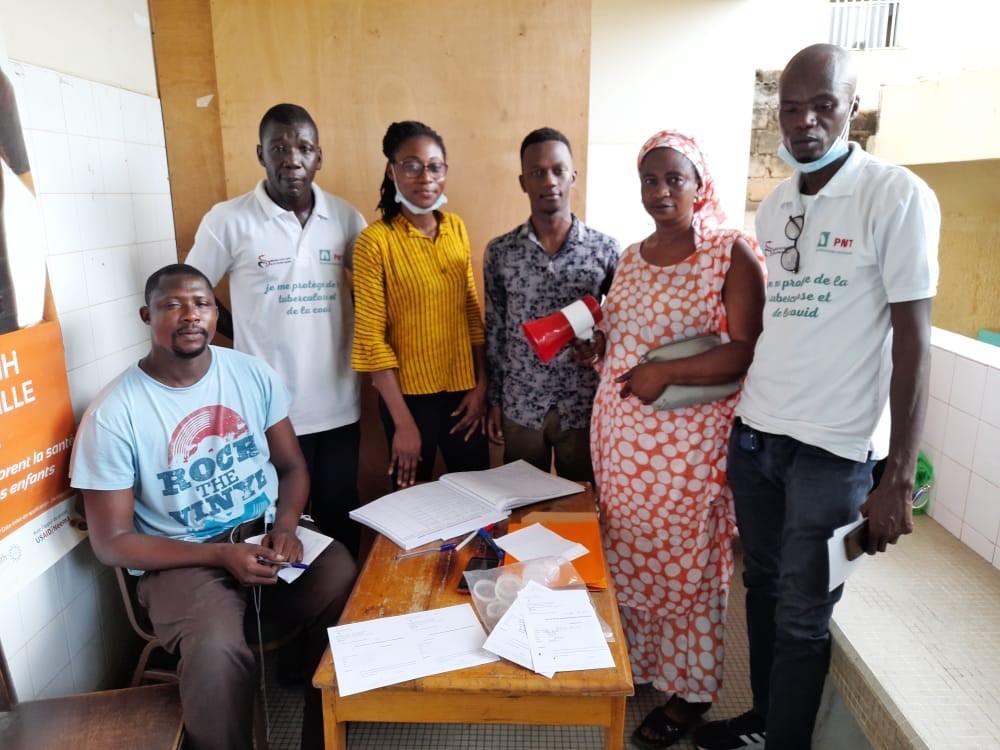
What’s promising about the use of artificial intelligence and data science technology?
Today the world has continued to adopt and leverage revolutionary technologies such as AI, blockchain, etc. to address pressing issues. We believe that faster adoption of such technologies gives the world a chance to become a better place.
Therefore, technologies such as big data analytics, data science, and machine learning have great potential to improve healthcare services by discovering and predicting trends in the health sector, enabling health practitioners and relevant stakeholders such as UNICEF and WHO to make informed, trends- and evidence-based decisions in healthcare.
Neural Labs Africa is embracing machine learning, data science, and artificial intelligence in the healthcare space in Africa to ensure that not only does our continent stay ahead in implementing new technologies but also lifts the current constraints of poor health services in our region.
What is unique about your solution and how is it different from what currently exists?
Disease trends are largely dependent on various demographic factors; for instance, polluted environments result in outbreaks of diseases such as pneumonia and tuberculosis. Therefore, a conclusion can be made that diseases tend to vary demographically. Our company’s unique value proposition is African demographic data to solve African problems. This will ensure that we address diseases common within the African demographic regions.
Why does being Open Source make your solution better?
Open source provides an opportunity for other innovators to contribute to our source code; our solution can be used as a benchmark not only to improve our technology but also to embrace the implementation of such a solution in other demographic regions.
How did you come up with your solution and what inspired you to form your company?
Losing my friend three years ago was extremely tragic. But even more tragic was the fact that this was entirely preventable with a timely diagnosis. If she’d been diagnosed earlier, she would still be here with us today. But my friend isn’t the only one.
Every year hundreds of thousands of other Africans lose loved ones due to preventable diseases. Patients in marginalized communities have to wait up to two weeks to receive analyzed lab results. But when aggressive diseases like pneumonia can kill in less than 72 hours, especially in children, a two-week wait time is a death sentence.
This inspired me, especially amidst a time when I was pursuing machine learning in data science, to develop a technology that would help in the early detection of diseases to reduce mortality and morbidity of diseases in Africa.
Tell us more about your team. What makes your team diverse?
Including our Board of Directors, our team has a combined 70 years of experience in healthcare, project management, and business development. The founders of Neural Labs Africa are two passionate Machine Learning Engineers with a vision to solve Africa’s most pressing challenges using revolutionary technologies. Moreover, our team is 30% women-led.
Why is diversity important for your startup? How does it add value?
Enhances inclusivity of new skills and techniques in the work environment enabling the offering of services from multiple backgrounds and building access to diverse customers.
What do you plan to do with UNICEF's Venture Fund investment and how will you use that to leverage raising follow-on investment?
The UNICEF Venture Fund investment has accelerated our clinical trials phase by helping our organization cover computational costs, onboard more hospitals within two demographic regions in Africa (i.e., West and East Africa), as well as acquire new diverse skills to continue building our technology to improve patient care within our continent, especially pediatric health.
We are now working with these hospitals to collect more data as we engage end users, providing market-fit software for their current needs in medical imaging diagnostics. Meeting these objectives as highlighted in our work plan will leverage follow-on investment for our next stage, which entails applying for HIHIPAA (Health Insurance Portability and Accountability) and FDA (Food and Drug Authority) approvals of our technology.
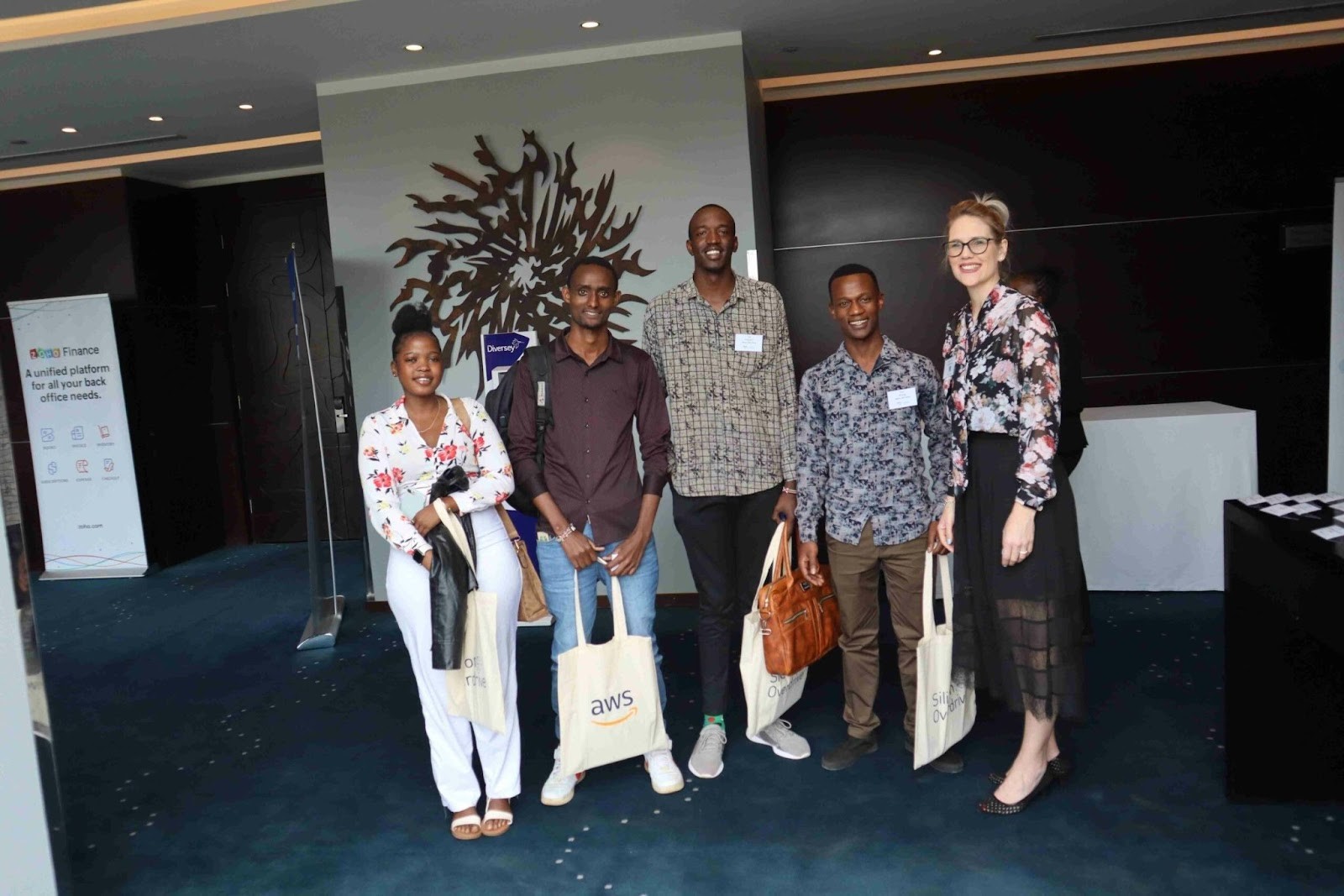
What challenges are you currently facing in building your solution and/or startup?
Access to data is among the most pressing challenges we are facing. This is because different countries have different data regulations. For example, in Kenya, data collected within the Kenyan demographic region should be stored in the same area. As a result, most hospitals and institutions prefer to keep their data offline to meet these thresholds; hence, such data is not accessible on the cloud. This is also conflated by fear of potential end-users who feel that technology will take up their jobs.
How can others support you in working towards overcoming these challenges?
Fostering partnerships with UNICEF-sponsored hospitals will help us have access to more data, and this will be able to solve data accessibility challenges that we face as a company.
Being part of health programs will help us in associating with different audiences and creating awareness when it comes to HealthTech, thus improving how society and healthcare institutions embrace recent technologies.
Neural Labs Africa company profile here.
Related Stories
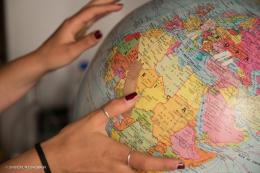
AGUA: Revolutionizing Global Collaboration for Funding Transparency (with Growth Graduate Atix Labs)
